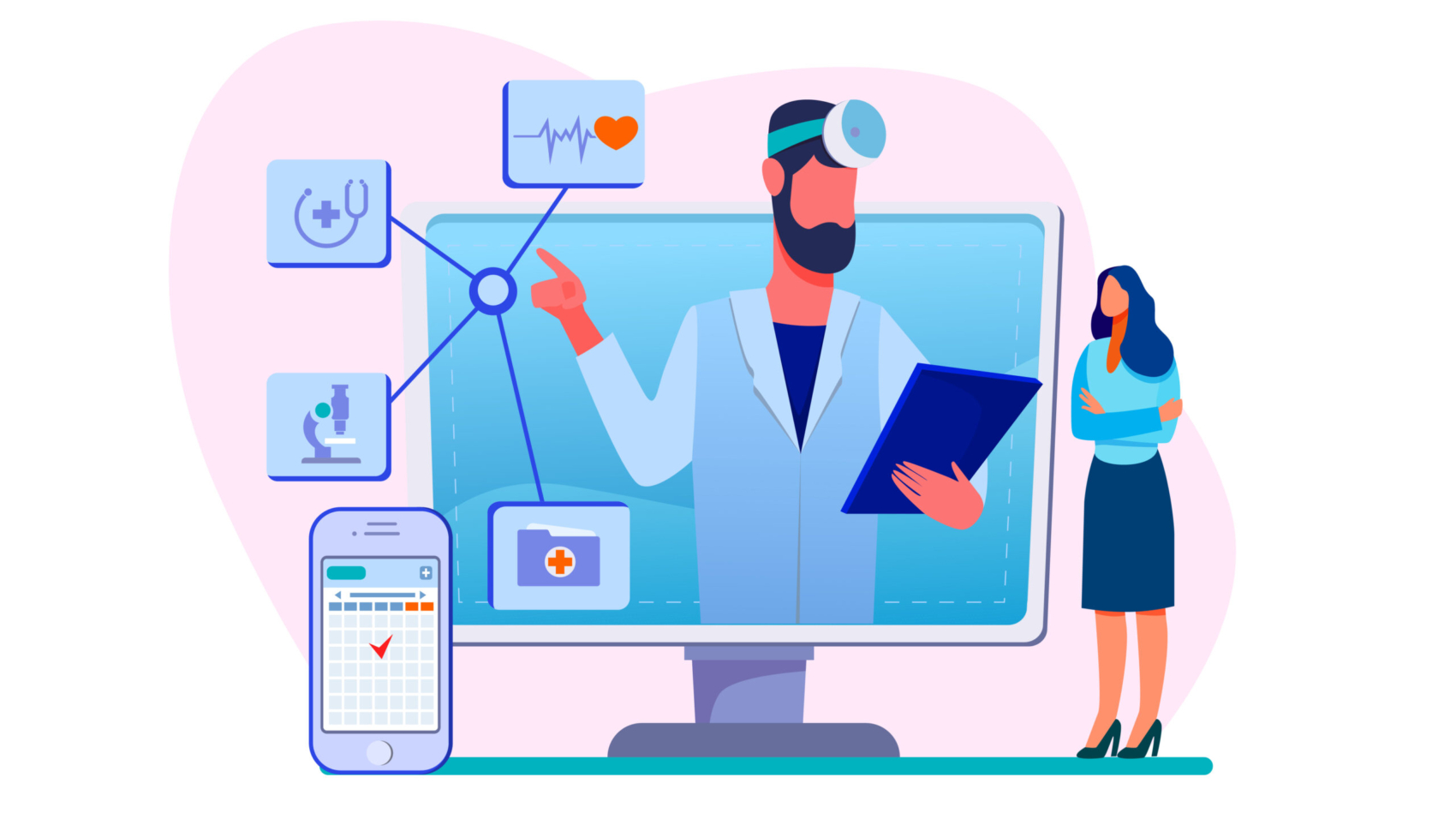Artificial intelligence (AI) in disease prevention is one of the most important applications of technology in medicine. Its ability to analyze large data sets and recognize patterns helps improve public health by providing valuable tools for disease prevention and early diagnosis.This techonology provides so many wonderful opportunities to positively impact the way healthcare is delivered and consumed.
Artificial Intelligence in our lifes
Nowadays,we are seeing rapid changes in the world of AI.Today, hundreds of millions of people have used ChatGPT, the innovative AI chatbot by OpenAI, which continues to change everything. And already, many people rely on it daily to enhance their work. Additionally, this techonology is now support healthcare systems.No doubt, the recent advancements in AI are impressive, and what is even more breathtaking is the pace at which the technology progressing.
The improvment οf Healthcare AI
However, healthcare improvment , and any promising technological advancement must be recognised for trust and safety.These AI systems can reason, infer, and provide recommendations based on the input provided by the user. They offer a mature, consistent, reliable way to automate decision-making processes, similar to how a doctor operates in the real world.
1.Predictive Data Analysis
Disease prevention starts with data analysis. AI can process vast amounts of information and identify patterns that may not be apparent to human analysts. This skill is critical to developing prevention strategies.
Use of Medical Records AI platforms can analyze medical records, demographic data and information about patients’ lives. For example, AI algorithms analyze data about diet, exercise and family history. Thus, they can predict which patients are at greater risk of developing chronic conditions, such as diabetes or heart disease.
2.Personalized Medicine
IT enables the development of personalized prevention programs. Physicians can tailor strategies according to patient characteristics. This can include changes in diet, physical activity and other health habits.
Adaptation Strategies
With the help of data collected through AI, doctors can design programs that are more effective. These strategies are tailored to the needs and preferences of each patient, improving the likelihood of compliance with recommendations.
3. Detection Early
Early disease detection is critical to successful prevention. TN has the ability to analyze medical images, such as X-rays and MRIs, and identify abnormalities. This allows doctors to diagnose diseases in early stages.
Imaging Technology
AI algorithms have proven to be extremely effective in detecting cancer and other serious diseases. For example, the analysis of data from breast imaging has led to a significant increase in the early diagnosis of breast cancer, which improves the chances of survival.
4.Prediction of Epidemics
AI can be used to predict epidemics. By analyzing data from multiple sources, such as social networks and internet searches, algorithms can spot trends that indicate an increase in disease cases.
Public Health Benefits
This capability allows health authorities to be more prepared. With early predictions, they can implement prevention measures and plan resources such as vaccinations and education campaigns.
5.Education and Information
AI can also be used in education. Interactive tools can inform health professionals and the public about disease prevention. Accessibility and comprehensibility of information are critical to the success of prevention.
Educational Tools
These tools may include apps and online platforms that provide information on healthy habits, disease prevention and early symptom recognition.
6.Wearable Technology
Wearable technology, such as smart bands and watches, provides real-time data on users’ physical condition. These devices monitor vital parameters such as heart rate and activity.
Benefits of Wearable Devices
The collection of this data allows users to monitor their health and receive status updates. Doctors can use this information to identify any abnormalities and intervene early.
7.Collaboration and Data Sharing
IT enables collaboration between different health sectors. Physicians can share data and knowledge, improving the quality of care. This collaboration is crucial to the success of prevention programs.
Collaboration Platforms
Platforms are created where healthcare professionals can share information and collaborate on cases. These platforms enable faster response and improve the efficiency of care.
8.Ethical Challenges
Despite the advantages of AI, there are also ethical challenges. The protection of personal data is critical. It must be ensured that patient information is used responsibly and is not exposed to risk.
Privacy Assurance Healthcare professionals and IT developers must adhere to strict security procedures. Transparency in data use is also important for building trust between patients and healthcare professionals.
Conclusions
Artificial intelligence is transforming disease prevention. With predictive analytics, early detection and personalization of care, AI offers new possibilities in public health. It empowers collaboration, education and data management, helping to create a healthier future.
As we continue to explore the potential of AI, it is important to ensure that this technology is used ethically and responsibly. Disease prevention is the foundation of public health, and AI can play a key role in achieving this goal.
You can also read our related article about “AI in Healthcare: Effective Resource Management“.
Telemedicine and artificial intelligence make a lot of improvments in health. At Carepoi, we are driven by our mission to make healthcare accessible, accurate, and convenient for everyone. Contact with us for more information.

